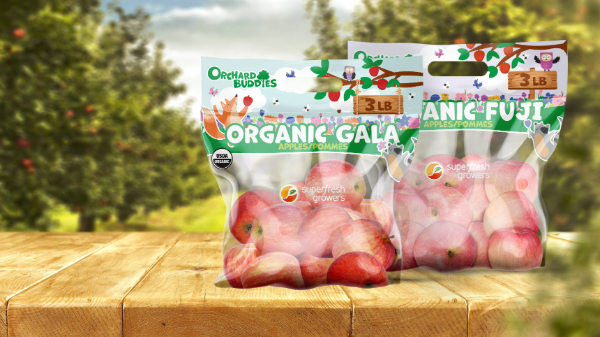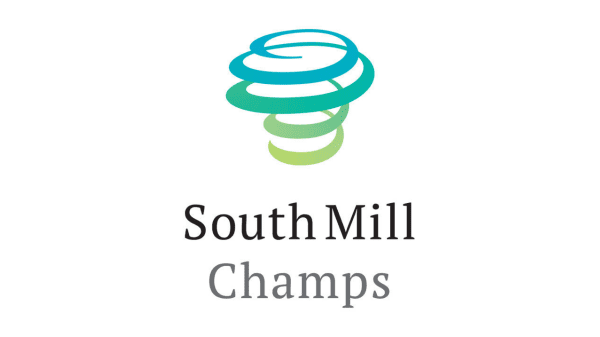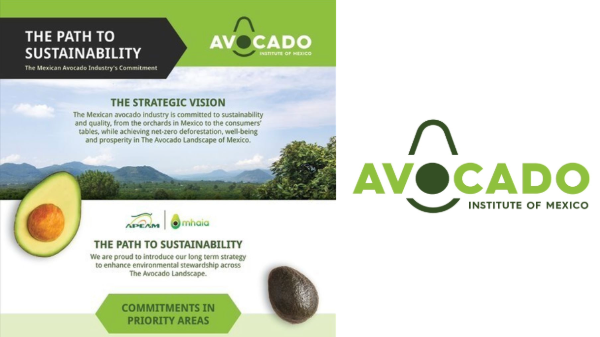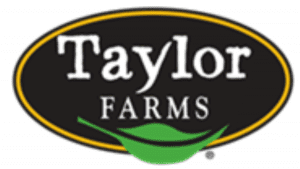Welcome to Blue Book!
Are you ready to join the thousands of companies who rely on Blue Book to drive smarter decisions? View our plans and get started today!
Still have questions? We’d love to show you what Blue Book can do for you. Drop us a line– we’ve been waiting for you.

Back to School
The University of California, Davis (UC Davis) offers a rich variety of undergraduate and graduate programs for students interested in produce industry careers. In 2012, the university’s Postharvest Technology Center launched the “Produce Professional Certificate Program.” The first of its kind, the program is designed for professionals working in the industry whose academic backgrounds may have been in fields unrelated to agriculture or postharvest technology. The four-year program aims to educate participants in both the “how-tos” and the “whys” of produce handling.“The goal is to provide a way for people working in the produce industry to demonstrate a certain level of knowledge and make themselves more marketable in the industry, and then also provide a resource the industry can rely on to find qualified candidates,” comments Beth Mitcham, director of the Postharvest Technology Center.
To earn the certificate, students must complete a combination of required and elective courses, each assigned a point value, for a total of 120 points over a four-year period. Many courses are available online, but several of the required short courses are taught in-person on the UC Davis campus. Students must score at least 80 percent on a quiz at the end of each course to earn the designated points.
Mandatory coursework includes an overview of postharvest technology with coverage of produce safety, fruit ripening and retail handling, and fresh-cut processing. “We spent quite a bit of time thinking about the key knowledge people should have to be produce professionals,” Mitcham explains. In thinking about what would be considered key mandates for the proper handling of produce to maintain quality and safety, she says the program was arranged around several mandatory courses with “a little bit of flexibility for people to focus more on certain topics that fit better with their area of interest.”
Mitcham says student engagement has been high among the initial class, despite the challenges of balancing career and coursework. Industry reaction has also been positive, especially from employers, although Mitcham is eager for the program to gain greater exposure.
To learn more about the Produce Professional Certificate Program, visit http://postharvest.ucdavis.edu/Education/Produce_Professional_Certificate.
California State University, Fresno
Excitement about new developments in agriculture is also high in the Jordan College of Agricultural Sciences and Technology (JCAST) at Fresno State University, where students interested in produce can study agricultural business, food science and nutrition, plant science, or viticulture.
Like Cook, Dr. Annette E. Levi, chair of the Agricultural Business department, sees the rising national interest in sustainable, organic, and local food production influencing enrollment in the college.
Citing the appeal of a robust job market in agriculture, Levi reports JCAST enrollment has nearly doubled in the last five years, while “the proportion of Hispanic students also increased during the same time period from 10 percent of our students to 33 percent.” This, in turn, represents “a slow change in perception of the stigma that agriculture has had for many years.”








